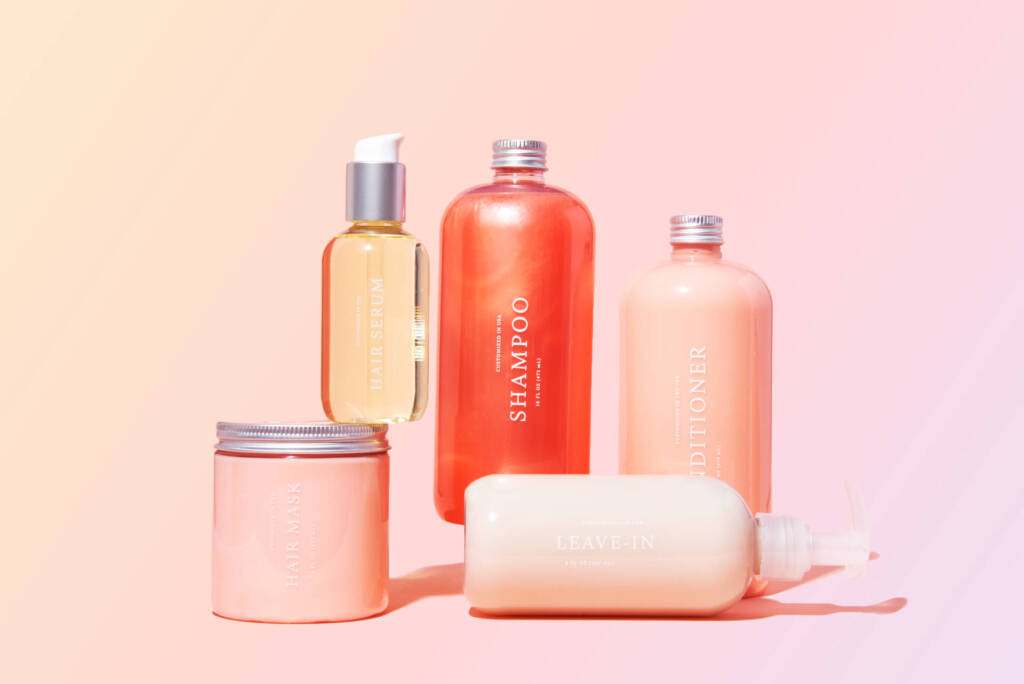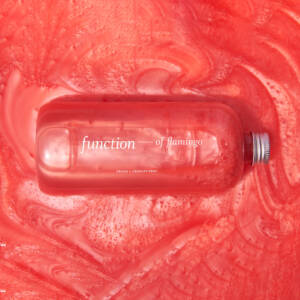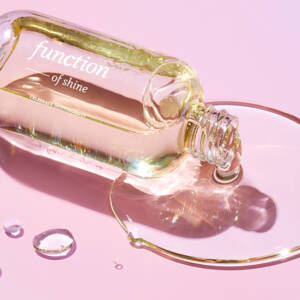
My mustache had become a point of contention. Dan wanted to kiss me, but didn’t want to kiss someone with a mustache, even a very faint one, even someone he loved, was married to, and had a child with. Especially if that person said they weren’t at least partly a woman anymore.
I had come out as a nonbinary transmasculine person to myself and Dan just after the pandemic hit. Since then, I’d been wrestling with how to discern what was right for my gender presentation and what made me feel desirable, in relation to my partner’s desire for me.
I struggled to understand his feelings. It was just facial hair. It was still me. What was the big deal?
But I did understand on some level. I had hated my facial hair ever since it had started growing. I had done many things to get rid of it: epilation, waxing, Nair, and finally, tweezing. By age 29, the tweezing had gotten so obsessive that I spent at least 10 minutes everyday in front of a small magnifying mirror searching for almost non-existent hairs to yank out of my pores. Whenever I went out in public, I would self consciously feel my face for errant hair, and if I found one, I couldn’t stop thinking about it until it was gone. Usually I carried tweezers in my purse, just in case this happened, rushing to the nearest bathroom, or, in one case, using the side mirror on a car to pluck away the culprit. I felt downright ugly unless my face was completely free of facial hair, save for my sculpted eyebrows.

At the time, I knew this was unhealthy behavior that I had to overcome. So I decided to run an experiment on myself where I grew out all my facial hair for one month. During that month, I took pictures of my face everyday and talked to my family and friends about what I was doing. Some were supportive, others thought it was weird; what I was doing wasn’t what women were supposed to do.
Despite my own and others’ disquiet, I started feeling sexy in a whole new way. The transgressiveness of upper lip hair translated into a freeing sensation that I reveled in. By the end of the month though, I decided to wax it off. I told myself that now I knew I preferred my face that way.
Now, ten years later, I’m growing out my mustache for entirely different reasons, although even those reasons can be murky to me. Some days my facial hair feels empowering. It makes me feel in control of how I express my gender identity, and that, perhaps, I’m making people question who they see when they look at me. At least, that’s the place I’d like to be. Where I’m not a woman by default, and my beauty and attractiveness are not typical, because I’m defining them by my own standards.
Some days I don’t feel beautiful at all. I look at old wedding photos with my coiffed dark hair, “natural look” makeup, and sculpturesque dress, and think, “I could be like that again.” I worry that Dan is disappointed that I don’t present as feminine as I used to, that I’m letting down the picture of modern femininity that I embodied that day. I’m afraid he’ll always have to tame an aversion to my mustache so we can physically connect in an important way. It makes me sad, like my body is being blamed for something it just does on its own, an act of my genetics I’ve come to revere rather than vilify.
I can’t fully understand why I’m growing out my mustache. I don’t know if, for me, it’s actually a trademark of expressing a buried masculinity or not. I only know that I want it there because it hasn’t been there before, and it deserves a chance. Will it ever make me feel beautiful? Do I even want to feel beautiful anymore? I do, but I also suspect that’s because I’m used to getting positive affirmations for presenting as a beautiful woman—a specific, seductive type of drug that’s hard to quit even if you want to.
Growing out my mustache is a mourning of sorts—through it, I’m letting go of my beauty, the conventional kind, in search of more authentic expression. But sometimes I feel the grief lift, and my face seems to bloom before me in the mirror. My mustache is a part of who I am, a part that hasn’t been given room to experiment, play, and exist without judgment. I’m letting it be, despite the discomfort, and that choice is a radiant one.






